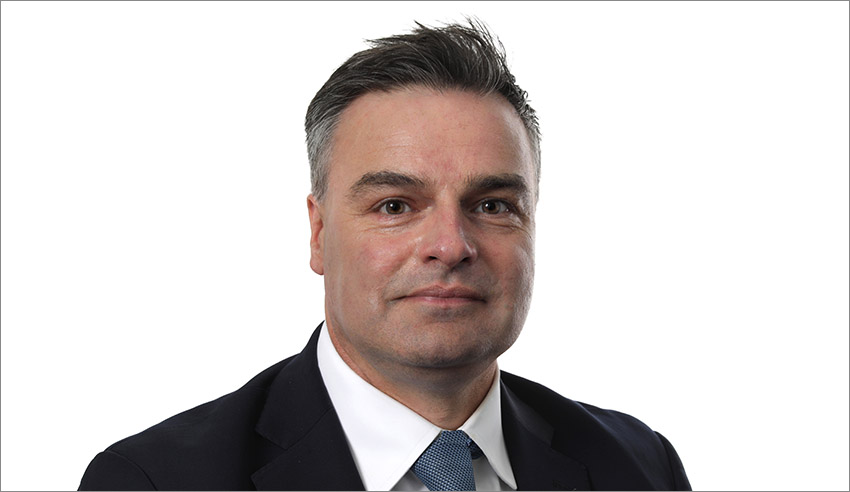In a post-banking royal commission world, lawyers have to be more than just legal advisers – they also have to be holistic services providers conscious of fairness, risk and compliance.

Dentons Risk Consulting co-managing director John Davison, who – together with fellow co-managing director Christian Blackwell – is visiting Australia for roundtables with professional services firms on how best to respond to the Hayne report, says that it may take some time for Australian regulators to determine how best to drive their fairness in conduct agenda, and thus the onus will fall to firms to decide, in the context of their own businesses, what fairness means.
Speaking to Lawyers Weekly, he said that – in figuring out how best to drive fairness in a firm’s conduct – lawyers will have to work much more closely with compliance and risk officers within the business.
“They’ll have to work together with control functions in a much more collegiate way. I think they will all have to slightly adapt their behaviour to be slightly more commercial and actually think about the end outcome rather than purely about what you can do,” he posited.
“What [the Hayne report] does is moves us away from the ‘we must do as driven by a law book’ [attitude] to we should do as driven by a combination of ‘what we must do’ and ‘what is the right thing to do for certain situations’. I think that’s a subtle change in mindset for people who have grown up in a traditional old-fashioned way of regulation.”
Abiding by the letter of the law is no longer enough, Mr Davison continued – instead, lawyers have to be able to do and offer more with their service offerings, he said.
“The more effective and efficient firms, I believe, will actually take the minimum standard of the law and use their legal and risk expertise to actually look at what a suitable, proportionate and viable standard of conduct actually is. That will require risk officers, compliance officers and product heads in front office understanding a bit more about the challenges that lawyers go through,” he said.
“And, equally, the lawyers will have to adapt away from the rule book to actually starting to think slightly more pragmatically through what the spirit of the rule is, as opposed to purely the letter.”
Lawyers in firms who are able to step out of their comfort zones and pre-empt the needs of new service offerings will, Mr Davison said, “help their organisations make a huge step forward”.
This can and will require some creativity, he added, in coming up with solutions to provide holistic services that are compliant, risk-adverse and fair.
“Getting lawyers and compliance officers in the space where they are thinking – with their technical skill set – about the commercial ramifications of the call they are making will absolutely help organisations get forward much quicker,” he said.
“Some will find it easier than others. But I think this is the way of the future: determining how you bring commerciality to law, and how you can bring commerciality compliance without compromising the fundamental role of a lawyer or compliance officer.”

Jerome Doraisamy is the managing editor of professional services (including Lawyers Weekly, HR Leader, Accountants Daily, and Accounting Times). He is also the author of The Wellness Doctrines book series, an admitted solicitor in New South Wales, and a board director of the Minds Count Foundation.
You can email Jerome at: